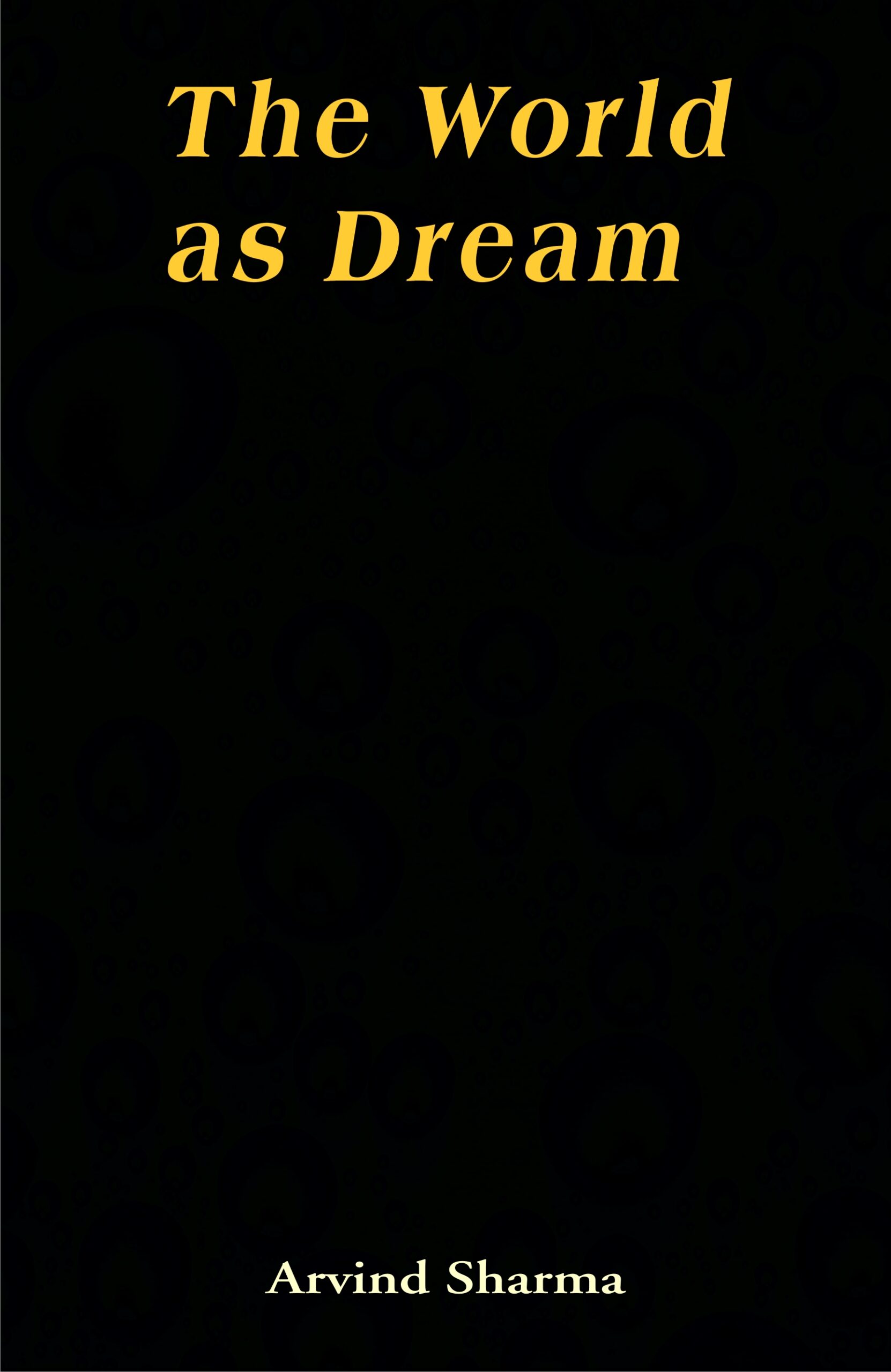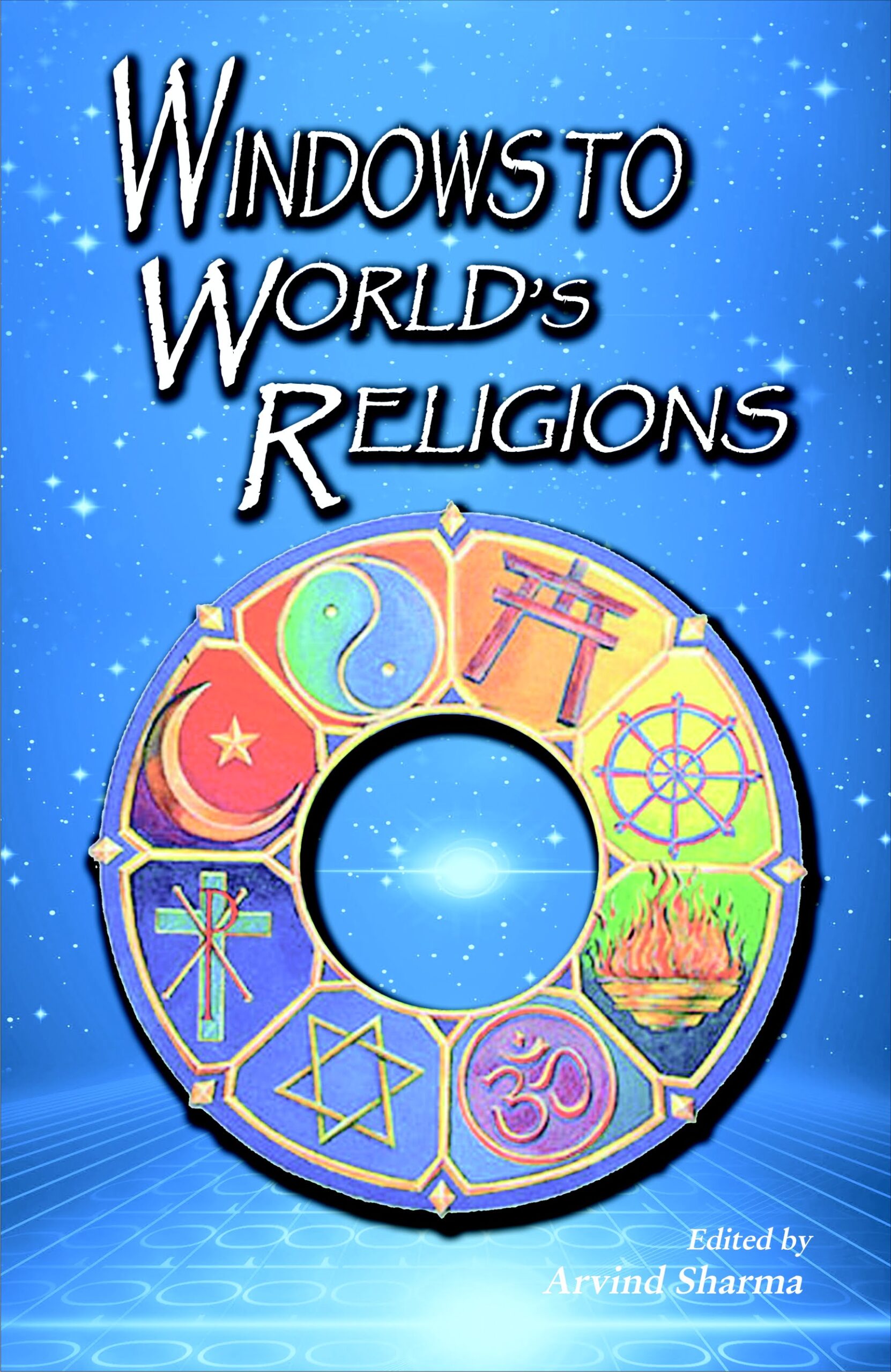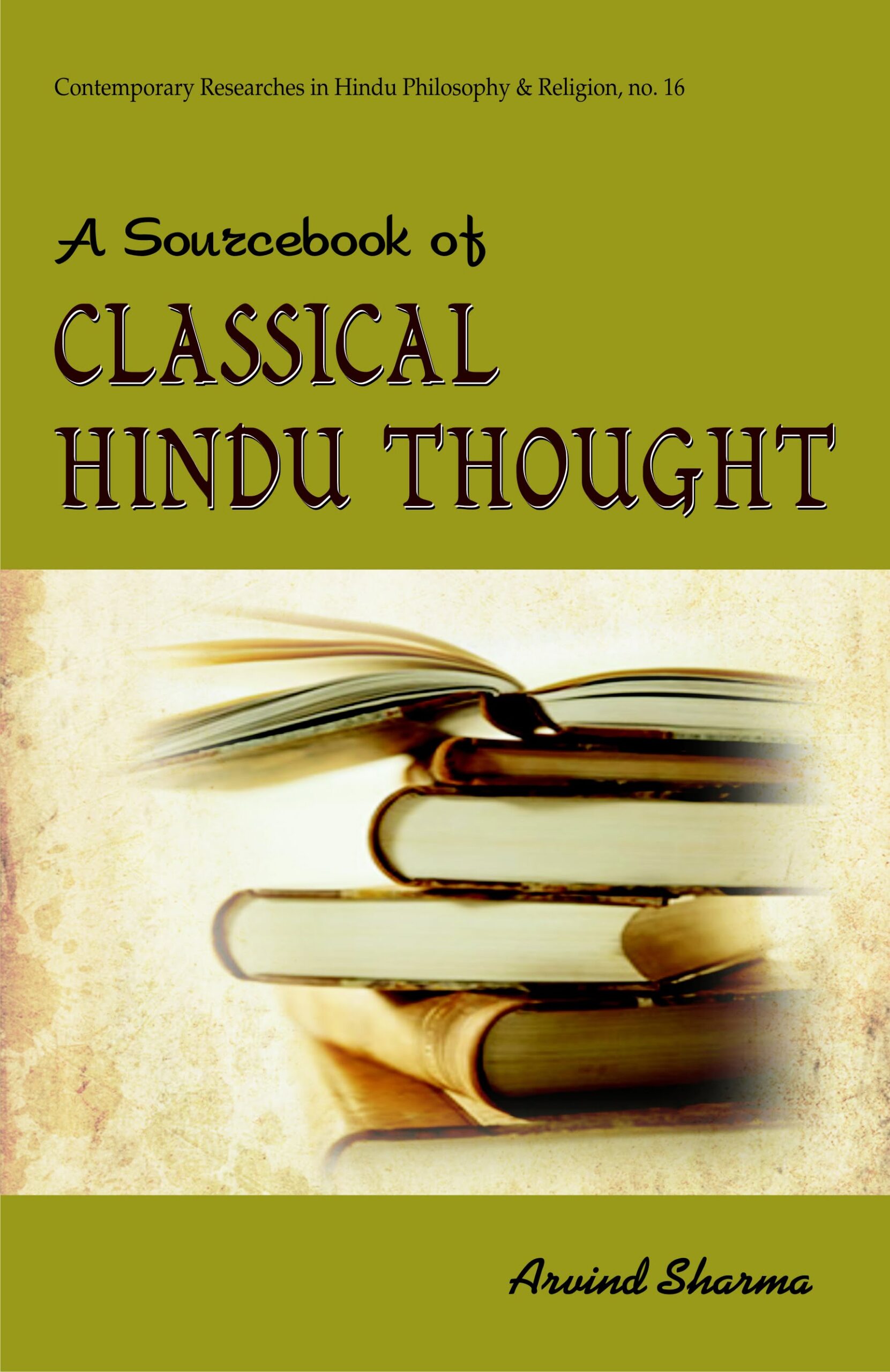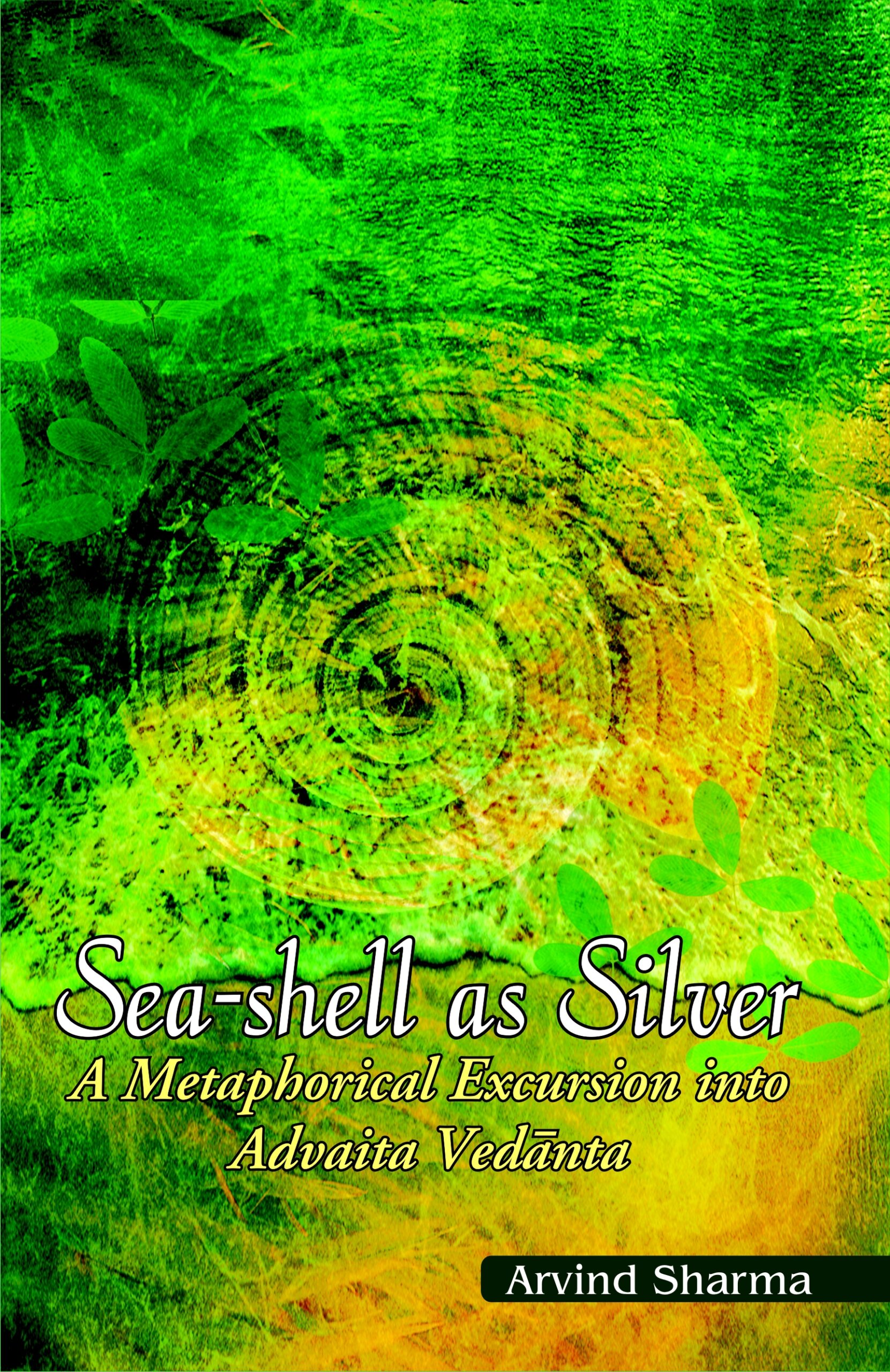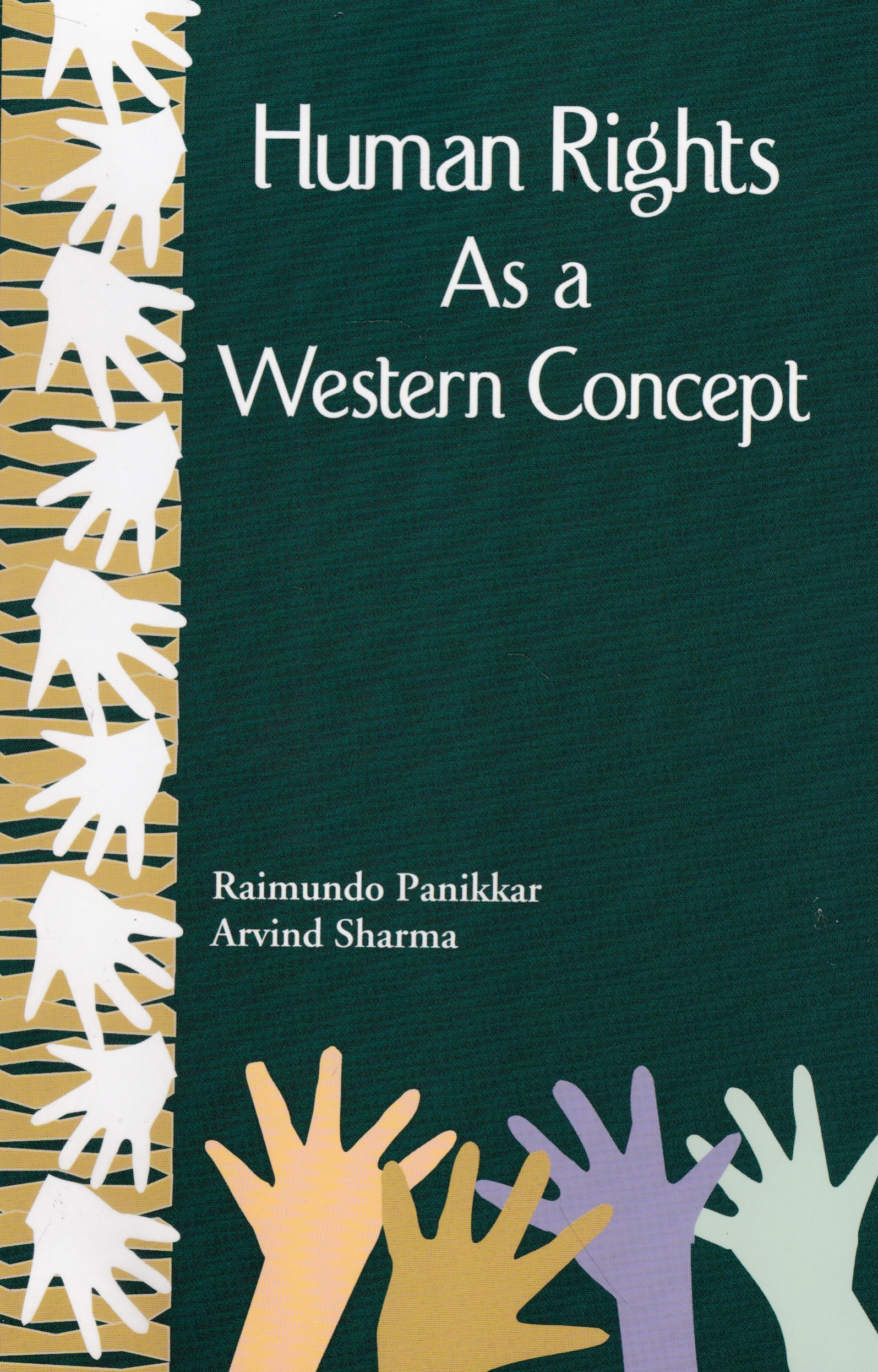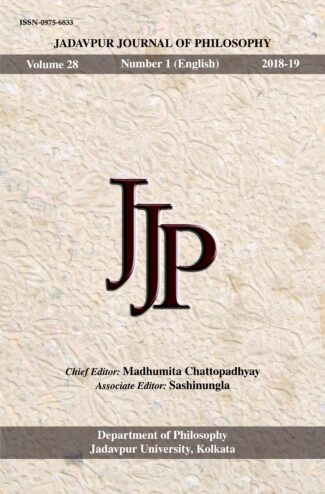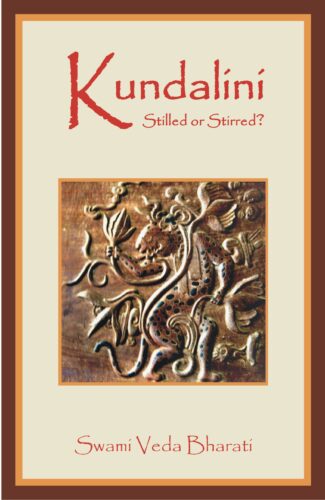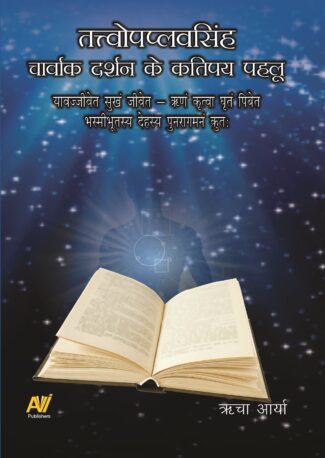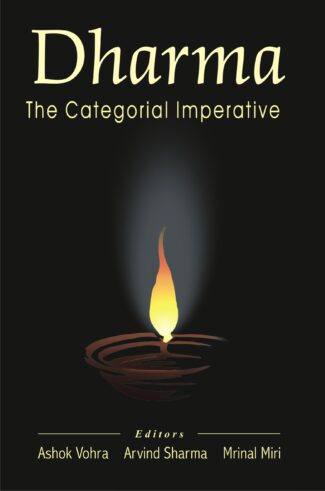

Dharma, The Categori...
Dharma, The Categorial Imperative
by: Ashok Vohra , Arvind Sharma , Mrinal MiriThis book presents an in-depth study of the concept of dharma and acknowledges that Indian reality encompasses the elements of religion and dharma. It explores an alternative understanding of Indian civilization, independent of Western presuppositions as well as some contemporary issues relating to women and the dilemmas faced by the Indian diaspora.
$32.00
ISBN: 9788124602706
Year Of Publication: 2005
Edition: 1st
Pages : vi, 466
Bibliographic Details : Index
Language : English
Binding : Hardcover
Publisher: D.K. Printworld Pvt. Ltd.
Size: 23 cm.
Weight: 800 gm.
Each stable culture and major civilization of the world consists of a distinct material base and a distinct ideational structure and has an inherent mechanism of striking its own equilibrium between the two. In the Indian tradition dharma is the balancing force. Religion and ideology are literally treated as synonymous with the Sanskrit word dharma. But dharma differs from religion in not being exclusive, and from ideology in possessing a transcendental dimension. The papers in this volume acknowledge that neither the word religion nor dharma can be discarded while looking at the Indian reality. They address themselves to the question: To what extent does the continued use of the concept of religion in the Indian context reflect reality, and to what extent does it distort or misrepresent its dhàrmic reality? Given India’s historical and the present existential situation these papers explore the question: Is an alterative understanding of Indian civilization possible, independent of Western presuppositions? The articles in the book present an in-depth study of the concept of dharma and its relation to the other purusharthas artha, kama and moksha, as well as with society, science, religion, Ayurveda and secularism. Relying mainly on the Vedas, epics, Manusmriti and the writings of Plato, Vivekananda, Gandhi et al., these papers explore some contemporary issues relating to women (stri-dharma) and the dilemmas faced by the Indian diaspora, especially in the UK and the US. These discussions have an appeal for a general reader as well as for scholars of Philosophy, Religion, Women’s Studies, Modern India and Sociology.
Introduction
1. Religion or Dharma — Meaning and Motivation: Primarily in Indian Context
— R.S. Bhatnagar
2. Philosophy, Religion, and Secularism: The Indian Context
— Srinivasa Rao
3. Dharma — Its Normative Base and Orthopraxeic Frame: Concept of Dharma and its Implications in Dharmashastras
— Godabarisha Mishra
4. Semantics of Dharma
— V. Kutumba Sastry
5. Dharma and Mohsha: Conflict, Continuity, and Identity
— Mahesh M. Mehta
6. Mahatma Gandhis Notion of Dharma: An Explication
— Pushraj Jain
7. India, Europe, and Modernity
— Saranindranath Tagore
8. Imperial Identities: The Construction of Britain and India in Childrens Literature
— Kathryn Castle
9. The Goals of Medicine — Setting New Priorities: A Hindu Perspective
— Cromwell Crawford
10. The Spiritual Self and Psychopathology: Theoretical Reflections and Clinical Observations
— Alan Roland
11. Recontextualizing Indian History: A Hermenutic of Samskritikarana
— Shrinivas Tilak
12. Secularism vs. Hindu Nationalism: Interrogating the Terms of the Debate
— Makrand Pranjape
13. Hindu Dharma and Indian Funk
— K. Dad Prithipaul
14. Vedic Mythology: An Archetypal Delineation of the Hindu World-View
— B. Rambilass
15. Modern Philosophical Fragmentation versus Vedanta and Plato
— Bart Gruzalski
16. The Dharmic Journey of Swami Vivekananda: From the Apostle of Hinduism Universalism to Hinduism as the Religion Eternal
— George M. Williams
17. Stri Dharma — Wifes Duties: A Hindu Textual and Contyextual Analysis among the Educated and Professional Women in Contemporary Indian Society and the Diaspora in UK and USA
— Annapurna Devi Pandey
18. Women in the East and Women in the West
— Ashima Khasnabish
The Contributor
Index



